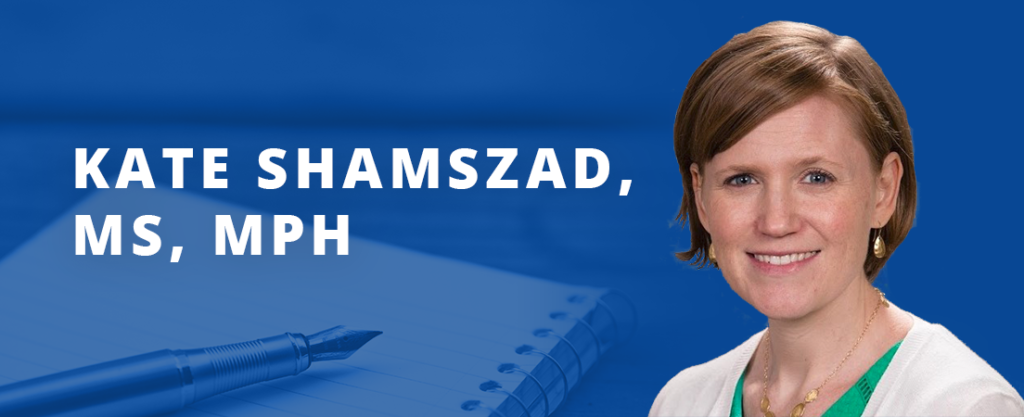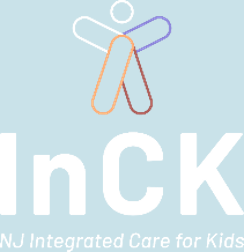By Kate Shamszad, MS, MPH, Director of the Quality Institute’s Medicaid Policy Center (MPC)
At the Quality Institute, we support alternative payment models that move away from fee-for-service and toward better coordinated care that pays for better quality and outcomes. Most of the existing alternative payment models focus on chronic conditions or a specific event or surgical procedure and few are designed for children.
But what if we approached care differently for our youngest community members? What if we could better understand their physical and mental well-being at an early age — and support children and their families before small issues became unmanageable? Perhaps thinking about how to provide this care, and what the reimbursement model could look like, we can create positive change in the health trajectory of our youngest New Jerseyans.
Within this framework, the Quality Institute began working on the New Jersey Integrated Care for Kids (NJ InCK) project in the beginning of 2020. Over the last two years, the Quality Institute has been a co-lead NJ InCK team member, planning an innovative, preventive, population health-based model for children. Partnering with Hackensack Meridian Health and VNA Health Group, and working alongside NJ FamilyCare, New Jersey’s Medicaid agency, we designed a Medicaid alternative payment model that supports a “wrap-around” program that begins this year for all NJ FamilyCare beneficiaries in Monmouth and Ocean Counties ages 0 through 20, about 145,000 children and youth. New Jersey is one of seven locations in the nation where the concept is being tested through a cooperative agreement with the Centers for Medicare and Medicaid Innovation (CMMI), part of CMS.
First, we will review each child’s past medical claims and identify chronic, complex, or progressive conditions that put the child at risk for hospitalizations, significant medical care, or difficult-to-manage care. Second, caregivers are invited to share more about the well-being of the child and older youth are asked to share more about themselves. This includes development, social concerns, determinants of health, and behavioral concerns. This “HealthStory,” a web-based assessment, is given to the family annually. Together, these two sources of information help identify a child’s risk level and enable the NJ InCK team to match the child with the best care.
When a family completes the HealthStory, it is shared with their pediatrician or other primary care provider, who will discuss it with the family during the annual well-child visit. The provider will address any necessary interventions and referrals. The pediatrician or primary care provider will be eligible to be paid for this intervention, the first part of the alternative payment model. Children who are determined to be at high health risk, with significant medical, social, and behavioral needs, will be eligible to receive case management and care coordination from the NJ InCK Advanced Case Management Team. This care is supported through a monthly case management payment, which is the second part of the alternative payment model.
For example, a child may have a chronic condition like asthma that has been hard to manage, meaning frequent emergency department visits. The family may be struggling to find safe and affordable housing, and unable to provide a healthy environment for the child, who may also be missing school and falling behind in developmental milestones. The NJ InCK Team could work in partnership with the pediatrician and community support services to address each issue.
NJ InCK established a Partnership Council, which includes community organizations representing core child services, including education, childcare, housing, legal services, mental and behavioral health, and Medicaid managed care organizations (MCOs). Various state and local agencies, health leaders and elected officials are involved as well.
Together, we began to explore the interconnectedness of the agencies and services, how families sought care and support in the community, and where there were disruptions in the continuity of care and connection of services. The pilot will continue for five years, and the Quality Institute with its partners will track various metrics to measure how an integrated, up-stream approach to pediatric care can deliver better quality care for kids, better outcomes, and savings within the health care system.
To learn more about NJ InCK, you can also read our Take Five interview with Dr. Steve Kairys, a Hackensack Meridian Health pediatrician and the Principal Investigator for the NJ InCK team, or contact me at Kshamszad@njhcqi.org.


